Feeling burned out? You’re not alone
Dental community shares experiences, resources to support dentists struggling with burnout
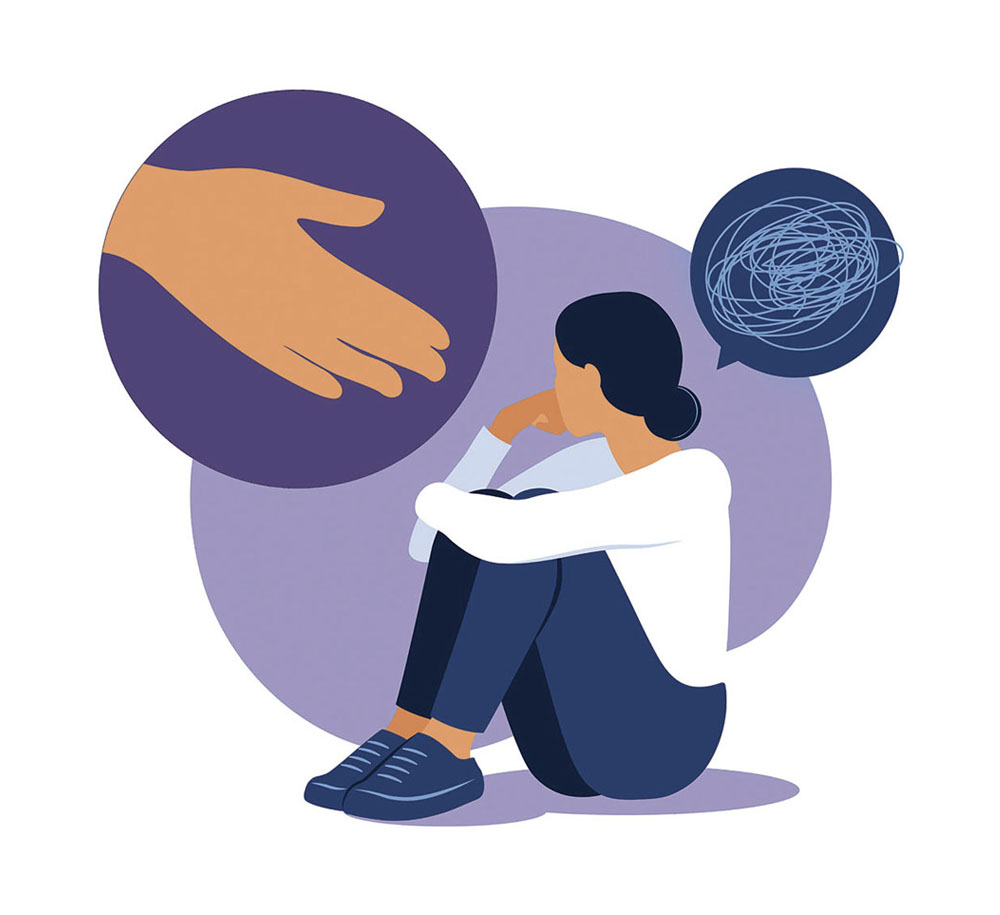
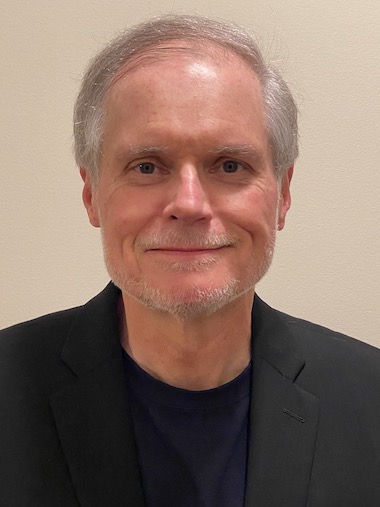
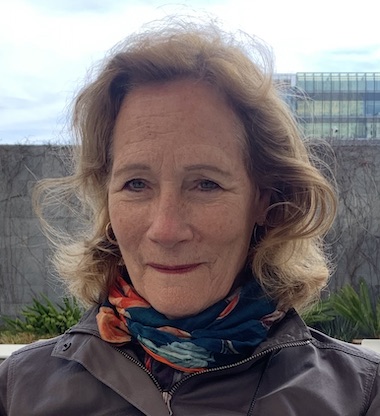
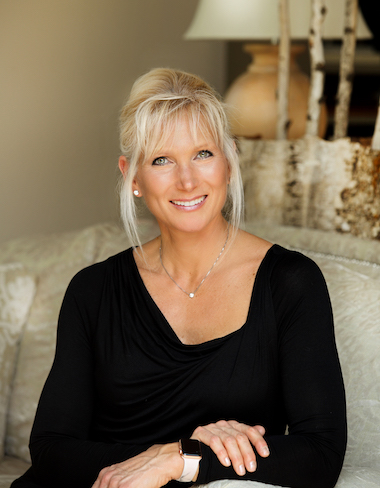
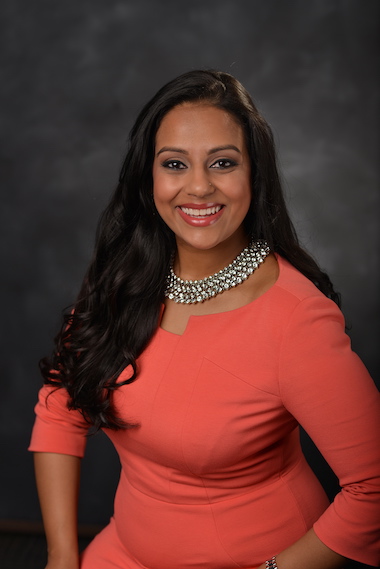
About a decade into private practice, Bill Claytor, D.D.S., felt like he was going down a waterslide without the ability to stop.
At the dental office, he faced demands to increase production while dealing with growing overhead and staff conflicts he felt poorly prepared to handle. At home, he experienced the continued financial demands of owning a home and raising a young and growing family.
These stressors culminated in burnout.
“Retrospectively, it is apparent that I had a lot of plates spinning with the inability to address them or coping skills to successfully manage them,” Dr. Claytor said. “A state of helplessness and hopelessness crept into my thoughts with no immediate solution in sight. I needed help.”
He sought that help through counseling and his fellow dentists.
“I asked other dentists who seemed to have some sort of balance in their lives how they did it. To my surprise, people wanted to help me,” he said. “Isolation is a dangerous place for humans to be in, especially dentists. No one has all the answers, and dentists should not feel like they should have all the answers to life’s problems.”
Dr. Claytor is not alone in his struggles. May is Mental Health Awareness Month, and mental health issues like burnout are common in the dental profession.
What is burnout?
Burnout is the “debilitating result of chronic, unrelieved stress at work,” said Diana Dill, Ed.D., a psychologist and member of the ADA Council on Dental Practice’s Dental Team Wellness Advisory Committee.
When clinicians are burned out, they may feel physically, psychologically and emotionally exhausted. They may experience compassion fatigue, which means they cannot connect emotionally to others or care about their well-being. They also may lose professional effectiveness, especially with work that requires thinking out of the box or overriding habits, Dr. Dill said.
“With burnout, people no longer bounce back from a bad day,” she said. “Instead, these experiences settle in and become the new normal.”
Feeling the pressure
Survey data from the 2023 ADA Council on Communications Trend Report found more than 40% of dentists felt defeated, wanted to quit dentistry or did not want to go to work at least monthly in the six months leading up to the survey. These feelings were more common in dentists 44 years old and younger.
The survey was conducted in April 2023 and included responses from about 500 ADA member dentists who are part of the Advisory Circle research panel. Generally representative of overall ADA membership, the panel is made up of members who participate in surveys typically focused on business-related topics.
More than 90% of dentists reported feeling some type of stress about their careers, according to the survey. Stressors varied by career stage, with more mid-career dentists experiencing stress about insurance reimbursement and more younger dentists feeling stressed about debt, primarily student loans.
Dr. Claytor, the executive director of the North Carolina Caring Dental Professionals — a nonprofit that helps to monitor and advocate for dentists and dental hygienists who struggle with substance use disorders, stress, depression, burnout and perfectionism — said dentists in the early or late stages of their careers can feel overwhelming pressures, particularly financial.
“The startup financial pressures to run a practice are often challenging and often initially unknown,” he said. “At the end of a career, dentists oftentimes are concerned if they have enough to retire while sustaining their lifestyle after dentistry.”
Health issues associated with age could also cause stress in older dentists, Dr. Claytor said.
However, mid-career dentists are not immune to burnout. As practices grow, dentists are more prone to overwork, exhaustion and other pressures, he said.
“Unless we have had coping skills training to defuse the pressures along the way, it can lead to burnout and potential substance use,” Dr. Claytor said.
Road to recovery
On the outside, it may have appeared Julie Spaniel, D.D.S., had it all: a successful dental practice, a beautiful home with two cars in the garage and a happy family.
“But from the inside, I was slowly dying,” she said.
It was hard for Dr. Spaniel to admit that running a busy practice, taking care of four children and having a husband who traveled often were affecting her mental health. She wanted to believe she could do it all on her own. Over time, having one or two glasses of wine after a long day of work became a whole bottle of wine and then vodka.
“Stress, mental health issues and substance use can sneak up on us gradually, making it difficult to recognize the severity of the situation,” Dr. Spaniel said. “As dentists, we often perceive ourselves as resilient and independent individuals, which can make it challenging to seek help. It wasn't until my situation worsened that I realized how serious it was.”
There were not many recovery programs available to her at the time, but she started attending Alcoholics Anonymous meetings. She is now 20 years sober, and mental health and wellness are her top priorities.
“I believe that being self-aware is crucial. It is essential to manage your coping mechanisms and practice conscious self-care and preventive health counseling,” said Dr. Spaniel, an ADA wellness ambassador and member of the ADA Dental Team Wellness Advisory Committee. “We take care of our physical health by eating healthy and exercising. We regularly visit doctors for checkups and undergo prescribed annual mammograms or colonoscopies. Why don't we take care of our mental health in the same way?”
Amisha Singh, D.D.S., another ADA wellness ambassador and member of the ADA Dental Team Wellness Advisory Committee, compares burnout to a cliff. The first time she experienced it, she did not pay attention to the physical cues her body and mind were giving her, and it seemed to happen out of nowhere.
“It was a dark time, and after my recovery, I promised myself that I would never let myself get back to this space again,” she said. “But lo and behold, over time, I drifted back towards that cliff over and over again.”
She realized that being overworked, chasing perfection, always saying yes and seeking affirmation and self-worth through external validation were learned behaviors that had become a natural state for her, and she needed to unlearn them.
“I know now that when I am drifting towards that cliff, towards burnout, my body tells me through feelings of energy depletion and exhaustion. My mind tells me because I start to feel cynical or disengaged. I feel physically ill. I do not sleep well,” Dr. Singh said. “So when I started listening to my body, that is when I finally learned the directions to that cliff which beckons, and I learned what rest and healing looked like for me so that I could course-correct.”
One factor she believes may contribute to burnout in dentists is how closely dentistry integrates with the core part of their identities.
“It is not the only thing I am, but it is certainly a very important part of who I am. Therefore, I tie my ability to provide exceptional care with my self-worth as an individual,” said Dr. Singh, a clinical assistant professor and the director of diversity and inclusion programming at the University of Colorado School of Dental Medicine.
But she tries to teach her students that although holding high clinical standards is an important part of being a health care provider, their self-worth as humans and practitioners is not connected to their patient outcomes.
“There will be crowns that do not seat and dentures that do not fit; it is inherent in the practice of dentistry,” Dr. Singh said. “Reframing those clinical challenges as opportunities of learning and not evidence of my failing as a dentist has been a game changer for me in being able to show up well to create health for my patients.”
Finding support
Taking control of chronic stress is the most powerful way dentists can aid their own recovery from burnout, Dr. Dill said. One way they can do this is through taking breaks, something many clinicians do not do.
“For health, we should have recovery breaks of 15-30 minutes every three hours or so,” she said. “Breaks that allow for recovery are those where the individual separates themselves from thinking about work, focuses on one thing so their mind can calm down and moves their body to discharge their accumulated tension — perhaps a walk outside the office, perhaps music with headphones.”
A resource that can help with individual recovery is the Well-Being Index, an anonymous, validated assessment and measurement tool developed by the Mayo Clinic to address clinician distress and well-being. It is free to ADA members.
The index, used by hundreds of health care organizations, takes one minute to answer nine questions evaluating risk of fatigue, depression, burnout and anxiety.
The ADA-licensed version directly connects participants to resources from the ADA and some state dental associations. Members can continue to take the index at a selected frequency and reference their results on a personal dashboard.
The ADA is also hosting an Instagram Live titled Roots of Resilience: Dentists' Mental Well-Being from noon-1 p.m. CDT May 14. Dr. Spaniel will serve as one of the panelists, joined by ADA President-Elect Brett H. Kessler, D.D.S.; Alex Barrera, D.D.S., director of dentistry at a federally qualified health center and co-founder of the Houston Equality Dental Network, an association for LGBTQ+ dental professionals; and moderator Nidhi Taneja, D.D.S., a pediatric dentist focused on eliminating dental anxiety in children.
The event will cover topics such as coping with depression and anxiety, navigating health challenges while maintaining mental well-being as a dentist, and preventing suicide within the dental community.
State dentist well-being programs and physician health programs that are members of the Federation of State Physician Health Programs are other resources for dentists experiencing mental health issues. At the Oregon Dental Association — where Dr. Spaniel sits on the board of trustees and chairs the wellness committee — the Oregon Wellness Program provides members with eight free and confidential sessions with a licensed therapist who has more than five years of experience counseling health care providers.
The association also offers a peer-to-peer wellness ambassador program in which those struggling are connected with peers who have experienced similar issues.
“It is incredibly helpful to speak confidentially with someone who has been in your shoes,” Dr. Spaniel said. “They can make you feel like you are not alone and that there is hope and a solution.”
The ADA Dentist Well-Being Program Directory includes more information about supports available by state. ADA wellness ambassadors, like Drs. Spaniel and Singh, can also help connect their peers with services.
Beyond steps individuals can take to care for their own mental health, workplaces can make changes that will have an even more substantial impact, Dr. Dill said.
Research shows workplace conditions that put workers at risk for burnout include an unsustainable workload; lack of control over circumstances; a perception that rewards do not equal the costs of work; noncollaborative, disconnected relationships with co-workers; a perception of significant unfairness in organizational decisions, policies and practices; and workplace values that do not match the workers’ own values.
“Workplaces can best prevent burnout and protect their dentists and staff by promoting consistently positive work experiences,” Dr. Dill said. “When the workplace has become difficult to the extent that dentists and staff are suffering from burnout, it can consider how to remediate these six conditions, especially sustainability of workload and control over how one does one’s work.”
For more resources to support your mental health, visit ADA.org/wellness. If you or someone you know is experiencing suicidal thoughts or a crisis, text or call 988 to be connected to the free and confidential National Suicide Prevention Lifeline.



